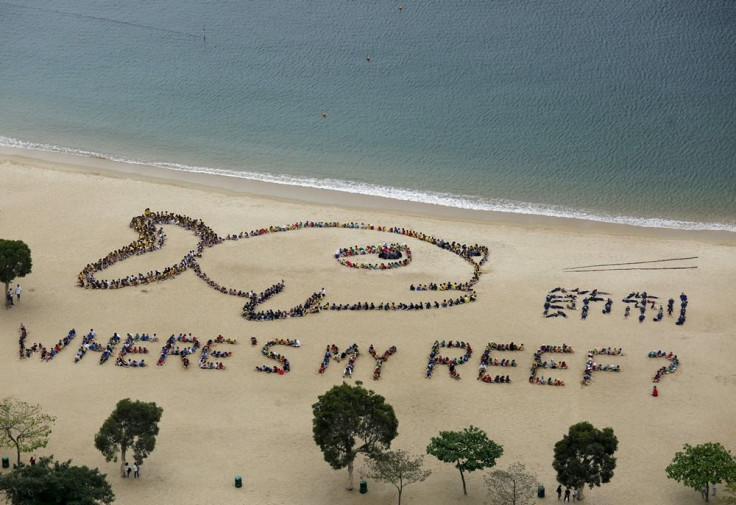Caribbean Reef’s Endangered Corals Are Smothered By Neighbouring Sponges

A recent survey on the Caribbean Reef shows that overfishing results in elimination of predators that help control the population of sponges. For corals, neighbouring sponges can be a nuisance, adding more threat to their population.
According to National Science Foundation, sponges have dominated the Caribbean Reef and it is not good for the corals. They compete for space and have toxins that can smother nearby corals. What’s worse is that these intrusive creatures can reportedly grow into the corals’ skeletons.
A survey led by Dr. Joseph Pawlik of the University of North Carolina Wilmington assessed reefs from 12 Caribbean nations where coral populations have been greatly reduced due to various factors including global warming and diseases. The team analysed sites where fish population is low due to overfishing and those where fish population is well-protected and preserved. The survey revealed that sites where fishing rate is low had slow-growing sponge species since different fish species, particularly angelfish and parrotfish, prey on the sponges.
The population of Caribbean Reef corals is threatened and the need to protect their species has led the U.S. government to include them in the list of endangered species. Science Daily reports that there are now 10 coral species found in the Red List of Threatened Species.
According to the April 28 published study’s lead author, Tse-Lynn Loh, saving the reef means protecting fish species that prey on sponges. “If the goal is to save the corals that build Caribbean reefs, we have to protect the angelfishes and parrotfishes that eat sponges,” she said.
The new study has provided a clearer understanding of the fish and sponge relationship: overfishing leads to decline in the population of angelfishes and parrotfishes that eat sponges, which consequently contributes to the decline of corals. The recent findings should serve as a guide for fisheries management in the Caribbean.
To report problems or leave feedback on this article, email: wendylemeric@gmail.com.





















